How to Stay Emotionally Resilient on Your Weight Loss Journey: A Guide to Thriving, Not Just Surviving With enthusiasm, let’s navigate through the intriguing topic related to How to Stay Emotionally Resilient on Your Weight Loss Journey: A Guide to Thriving, Not Just Surviving. Let’s weave interesting information and offer fresh perspectives to the readers.
How to Stay Emotionally Resilient on Your Weight Loss Journey: A Guide to Thriving, Not Just Surviving
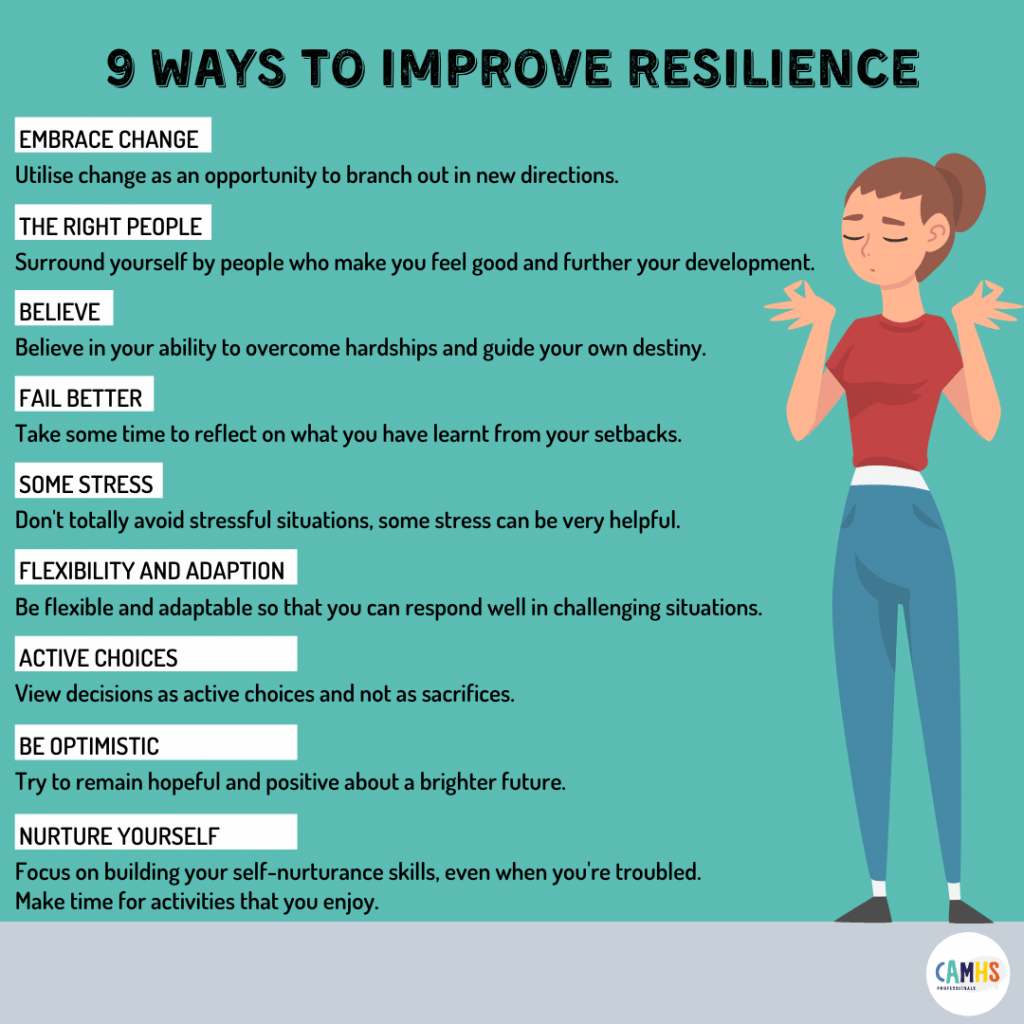
Embarking on a weight loss journey is a transformative experience, demanding dedication, discipline, and unwavering willpower. But beyond the physical challenges, there lies an emotional landscape that can be equally demanding. The ups and downs of weight loss, the constant scrutiny of your body, and the societal pressures surrounding weight can take a toll on your emotional well-being. This is where emotional resilience becomes your secret weapon – the key to navigating the journey with grace, strength, and ultimately, success.
Understanding the Emotional Rollercoaster:
Weight loss isn’t a linear path. It’s a journey filled with peaks and valleys, triumphs and setbacks. It’s crucial to acknowledge and accept this emotional rollercoaster. Here’s a glimpse into the common emotional experiences:
1. The Initial Excitement:
The initial surge of motivation is exhilarating. You feel empowered, hopeful, and ready to conquer your goals. This phase is marked by enthusiasm, dedication, and a sense of purpose.
2. The Plateau Phase:
As weeks turn into months, the initial momentum might fade. The scale might stubbornly refuse to budge, leading to frustration, disappointment, and even feelings of failure.
3. The Temptation Trap:
Cravings become intense, and resisting them feels like an uphill battle. This can lead to guilt, shame, and self-doubt, jeopardizing your progress.
4. The Social Pressure:
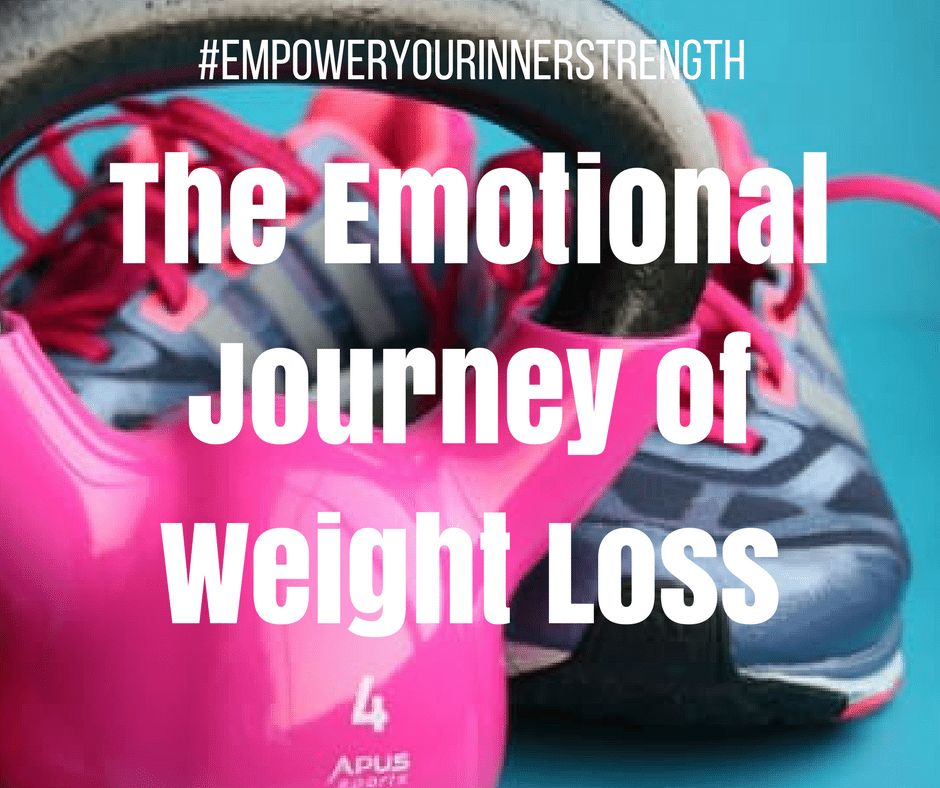
Navigating social gatherings, food-related events, and the constant barrage of diet culture can trigger anxiety, insecurity, and feelings of isolation.
5. The Body Image Struggle:
Weight loss often involves scrutinizing your body, comparing yourself to others, and struggling with self-acceptance. This can lead to self-criticism, body dysmorphia, and low self-esteem.
6. The Triumphant Moments:
Despite the challenges, there will be moments of victory – milestones achieved, clothes fitting better, and a growing sense of accomplishment. These moments fuel your motivation and reinforce your commitment.
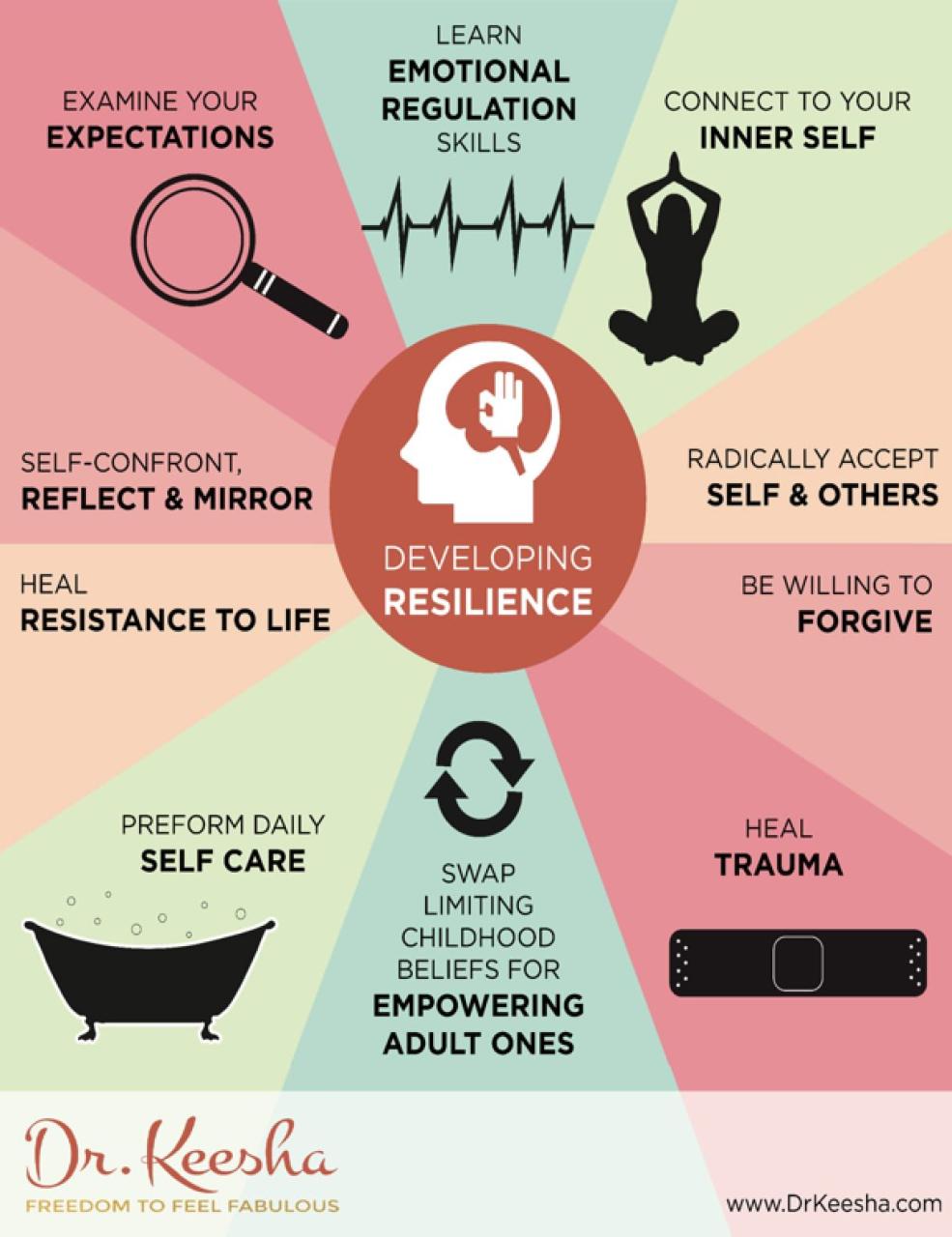
Building Your Emotional Resilience:
Navigating this emotional rollercoaster requires a robust emotional resilience – the ability to bounce back from setbacks, adapt to change, and maintain a positive outlook. Here’s how to cultivate this crucial skill:
1. Embrace Self-Compassion:
Treat yourself with the same kindness and understanding you would offer a loved one. Acknowledge your struggles, forgive yourself for slip-ups, and focus on progress rather than perfection.
2. Reframe Your Mindset:
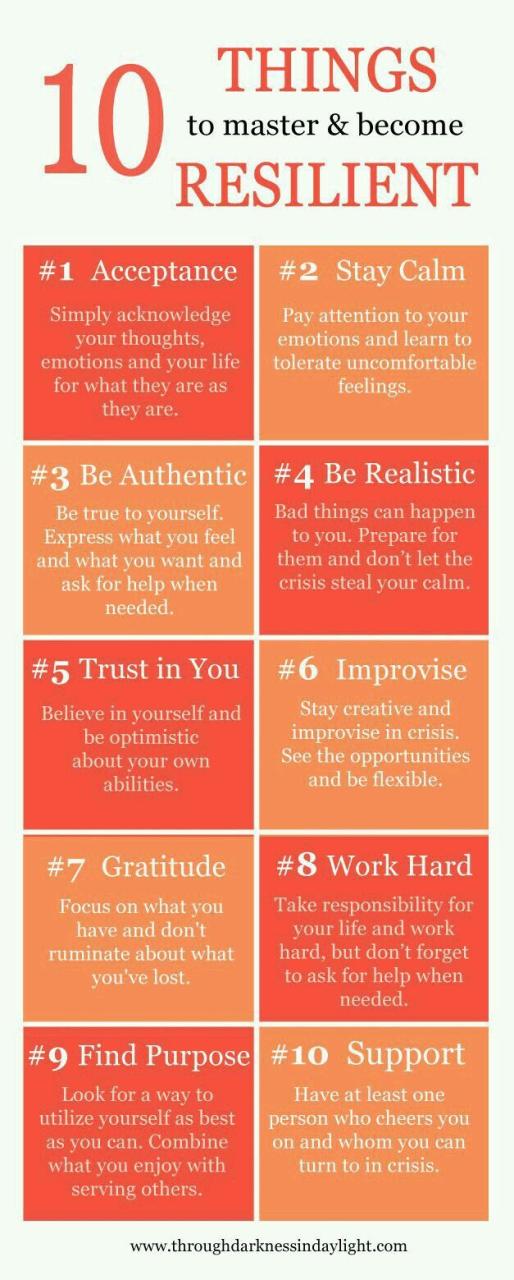
Shift your perspective from focusing on the "weight" to focusing on the "health" and "well-being." Celebrate every small win, no matter how insignificant it may seem.
3. Practice Gratitude:
Focus on the positive aspects of your life, big and small. Appreciate your body’s strength, the progress you’ve made, and the support system you have.
4. Seek Support:
Don’t go it alone. Surround yourself with a supportive network of friends, family, or a therapist who can offer encouragement, accountability, and a listening ear.
5. Set Realistic Goals:
Avoid setting unrealistic expectations that can lead to disappointment and frustration. Break down your goals into smaller, achievable steps to maintain momentum and celebrate progress.
6. Prioritize Self-Care:
Engage in activities that nourish your mind, body, and spirit. This could include exercise, meditation, spending time in nature, reading, or pursuing hobbies.
7. Learn to Manage Stress:
Stress can trigger emotional eating and sabotage your progress. Develop healthy coping mechanisms for stress, such as deep breathing exercises, yoga, or journaling.
8. Embrace Imperfection:
Accept that you’re not going to be perfect. There will be days when you stumble, but that doesn’t mean you’ve failed. Learn from your mistakes and get back on track.
9. Celebrate Non-Scale Victories:
Focus on the positive changes beyond the number on the scale. Celebrate increased energy levels, improved sleep quality, reduced pain, and a more positive self-image.
10. Seek Professional Guidance:
If you’re struggling with emotional eating, body image issues, or other mental health concerns, don’t hesitate to seek professional help from a therapist or counselor.
The Power of Positive Affirmations:
Affirmations are powerful tools that can help reprogram your subconscious mind and cultivate a positive self-image. Here are some affirmations you can incorporate into your daily routine:
- "I am worthy of love and respect, regardless of my size."
- "I am strong, capable, and resilient."
- "I am grateful for my body and its ability to move and thrive."
- "I am committed to my health and well-being."
- "I am making progress every day, and I am proud of myself."
Building a Sustainable Lifestyle:
Remember, weight loss isn’t just about reaching a number on the scale. It’s about creating a sustainable lifestyle that supports your physical and emotional well-being.
1. Focus on Nourishment, Not Deprivation:
Adopt a balanced and enjoyable eating plan that provides your body with the nutrients it needs. Avoid restrictive diets that can lead to cravings and emotional distress.
2. Find Joy in Movement:
Choose activities you enjoy, whether it’s dancing, hiking, swimming, or yoga. Make exercise a part of your routine, but don’t view it as a punishment.
3. Cultivate Mindfulness:
Pay attention to your hunger cues, emotional triggers, and the relationship you have with food. Practice mindful eating to savor each bite and develop a healthier relationship with food.
4. Embrace the Journey:
Weight loss is a process, not a destination. Be patient with yourself, celebrate your progress, and enjoy the journey of transformation.
Conclusion:
Staying emotionally resilient on your weight loss journey is not just about overcoming challenges, it’s about thriving in the face of them. By embracing self-compassion, reframing your mindset, and prioritizing self-care, you can navigate the emotional rollercoaster with strength, grace, and a sense of empowerment. Remember, your journey is unique, and your resilience is your greatest asset. Embrace the process, celebrate your victories, and cultivate a healthy and fulfilling relationship with yourself and your body.
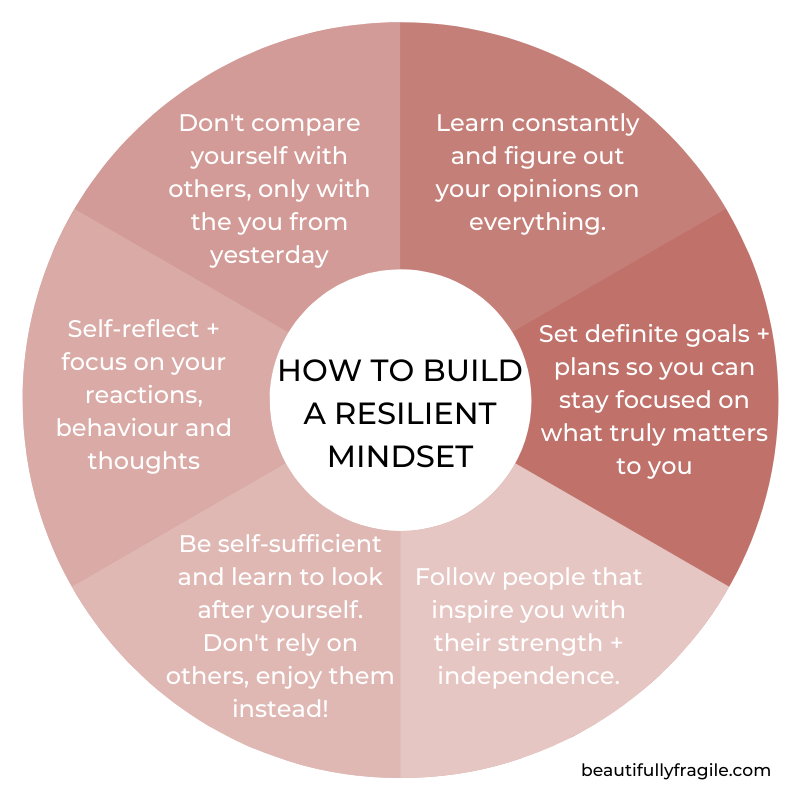
Closure
Thus, we hope this article has provided valuable insights into How to Stay Emotionally Resilient on Your Weight Loss Journey: A Guide to Thriving, Not Just Surviving. We appreciate your attention to our article. See you in our next article!


Leave a Comment